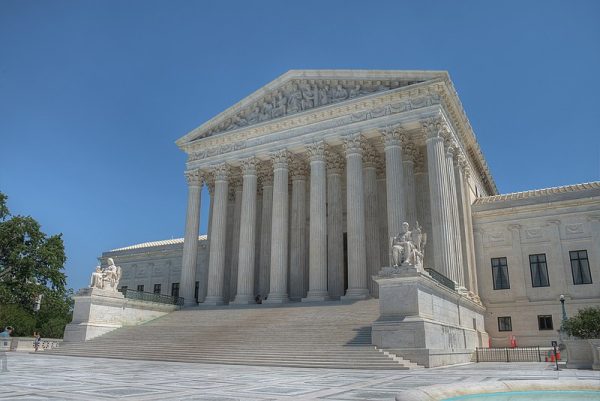UC Tuition Hikes Under Consideration
As SDA students look to apply to college this year the question of paying for school weighs heavy on the mind of many. Early in November, reports of a proposal which would increase the cost of tuition for UC students for each of the next five years began to circulate. The proposal was made by the president of the University of California system, Janet Napolitano. Although the plan was widely protested on UC campuses and condemned by California Gov. Jerry Brown, the UC regents approved the proposal by a vote of 7-2 in mid-November. Soon after, a counter-plan that would keep the rate of tuition constant for Californians by getting rid of the so-called “middle-class scholarship” and increasing tuition for out of state students was introduced by other California Democratic legislators
UC President Napolitano aimed to address the lack of much needed funding for the UC system by increasing tuition for California residents by 18 percent over the next five years, from roughly $12,000 to around $15,000. Tuition for out-of-state residents would also significantly increase. This follows three years of tuition having stayed constant, and the increases by as much as 5 percent a year had spurred outrage by many UC students. One of the most notable protests has been at UC Berkeley, where hundreds of students demonstrated outside of buildings and staged sit-ins at Wheeler Hall. Other campuses have felt the impacts of protest. For instance, UCLA had to cancel the traditional pre-rivalry game bonfire that usually takes place before playing USC because of protesters.
Napolitano said she wanted to give a constant plan for tuition, and while the raise may seem high, it was expected and could be planned for, unlike the sporadic and large hikes that have been common with the UC system since 2000. The plan is said to address both the lack of funding for the UC’s amidst their rising costs and the lack of a regular plan for students. Then new revenue would be focused on creating more opportunities to take the classes required to graduate on time, hiring and retaining faculty, and keeping up with the rising costs of running the system.
Although Napolitano’s plan was formally passed by the UC Board of Regents in mid-November, alternate plans to avoid the carrying out of the proposal by rearranging funds has been proposed by some Californian Democrats. Under a proposed bill which has been supported by Governor Jerry Brown, the newly instated middle class scholarship, which is said to have not been used to its full potential because of the lack of knowledge surrounding it, would be eliminated.
Additionally, UC’s would be encouraged to help promote programs which allow students to graduate in three years, increase the amount of students enrolled at each campus; offer more classes online; and make it so some campuses have specific focus which others do not. Brown has also threatened to withhold the 4 percent increase of the UC budget that was voted for this year should tuition actually raise.
Effects of the tuition hike have been seen at SDA and College Application Seminar teacher, Carolyn Lee said, “Unfortunately tuition hikes are part of the process. They’ve been excessive lately. Part of that’s come from state budget lacking and federal budget lacking in educational funding. In some places we’re starting to see a decrease in that, but unfortunately it’s just not always the case and those economic hardships are being put on the students and families rather than trying to be absorbed by the federal government.”
Another plan proposed in the California State Senate would end 146 years of UC autonomy and return control of the UC system to the state senate.
Napolitano has been accused of shifting the costs that the state should be covering to the students, but the fact remains that the amount the state pays per student has fallen dramatically over the last decade and a half.
SDA councilor Vicki de Jesus stressed the students need to do their research on the tuition increases before making their decision, “Even though there are those hikes, students need to be aware too that perhaps those merit scholarships will be increased, so that will offset.” Additionally, de Jesus stressed the importance of looking for other scholarships outside of the school, “San Diego Foundation is a huge scholarship opportunity for students in San Diego. I know that those scholarships in particular sometimes are just left sitting there.” Finally de Jesus said students need to be ready for college, “Students need to be prepared, they’re going to have to work, and the expectation at the university level is that yes students in addition to parents contribute, so being able to have some type of job to contribute will be the expectation.”










